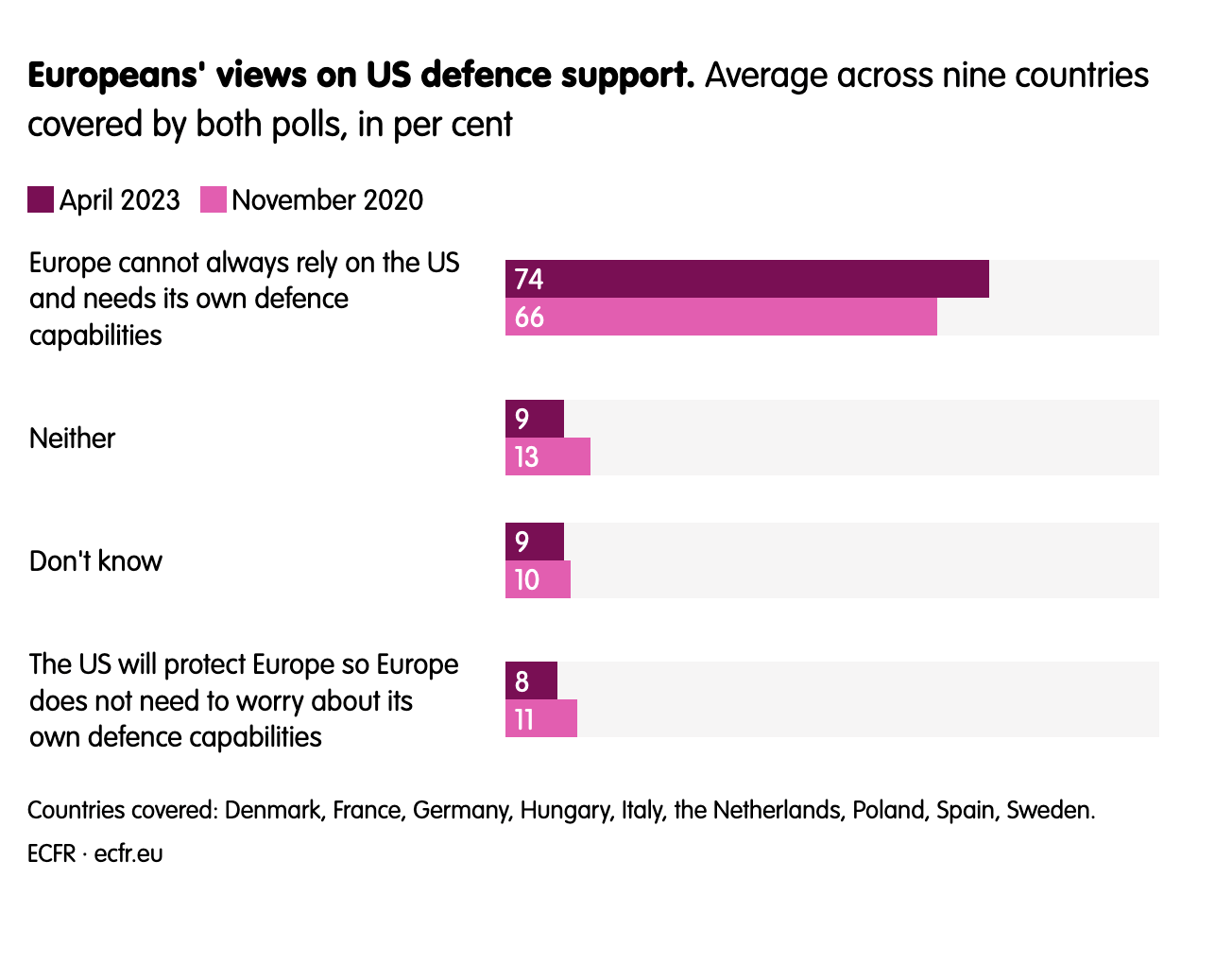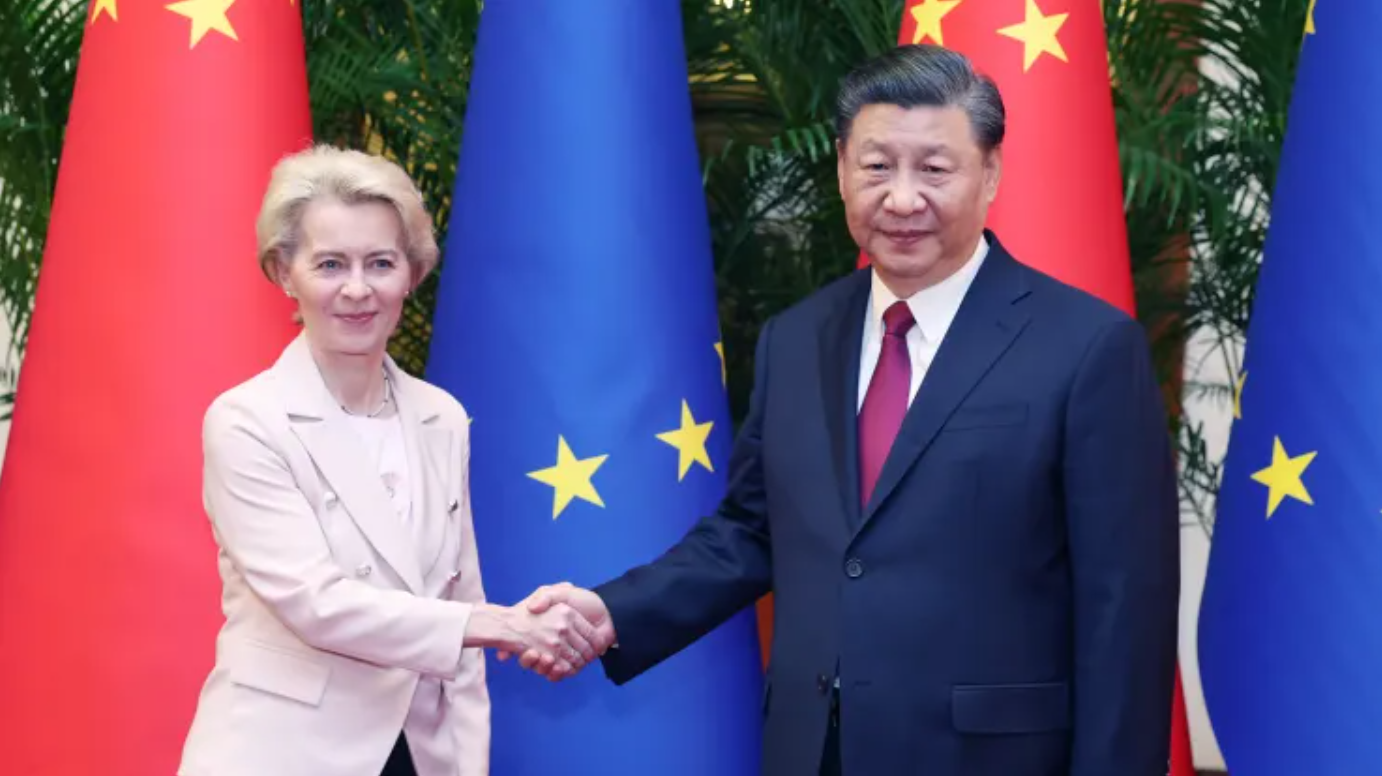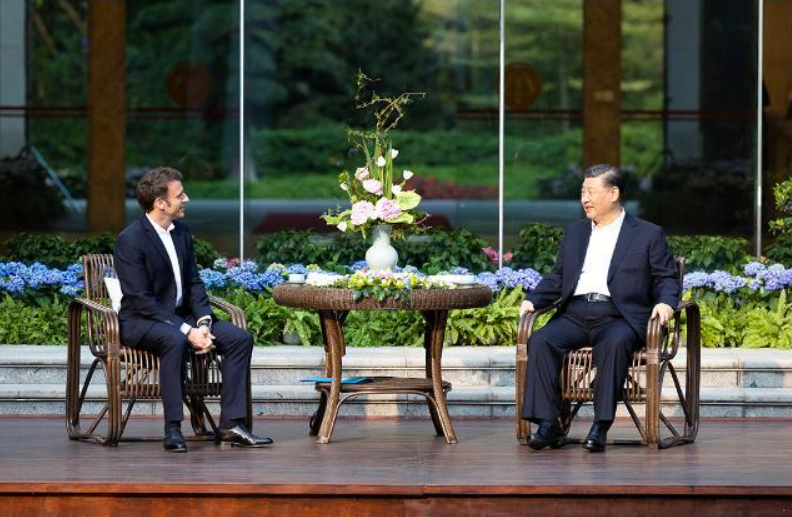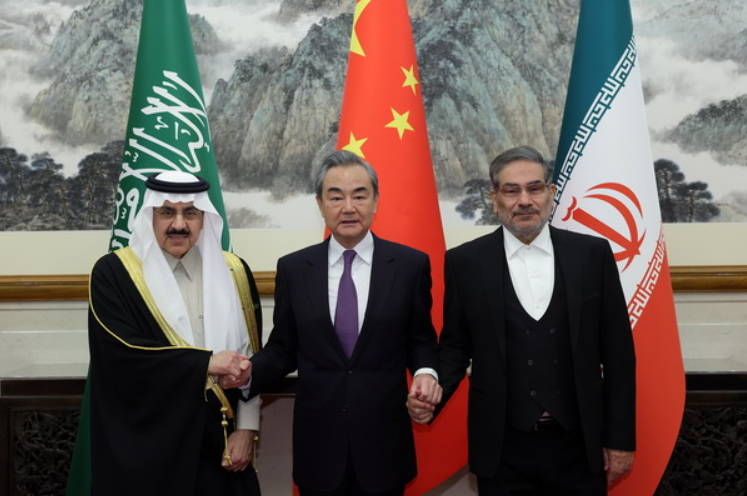
Harvey Dzodin, Senior Fellow, Center for China and Globalization
Jun 16, 2023
For some time now I’ve believed that the best way to improve the troika of China-European Union-United States relations is for Europe to start to exercise its strategic autonomy when its own national interests diverge from its ally, the United States.

James F. Downes, Assistant Professor, Head of Politics and Public Administration Programme, Hong Kong Metropolitan University
Mathew Y. H. Wong, Assistant Professor, Education University of Hong Kong
Man Hoo So, Master's Candidate, European Political Economy, London School of Economics and Political Science
Jun 09, 2023
James F. Downes, Mathew Wong and Man Hoo So argue that the EU-China relationship has evolved considerably over recent years into a growing global rivalry in 2023. They argue that whilst the EU has become more interventionist towards China in 2023, there exists large divisions within the core EU institutions alongside EU member states towards relations with China.
Sebastian Contin Trillo-Figueroa, Geopolitics Analyst in EU-Asia Relations and AsiaGlobal Fellow, The University of Hong Kong
Jun 06, 2023
Europe is altering its China policy to reduce reliance on vital technologies, while seeking a balance between protecting its interests and fostering cooperation. And by shifting the relationship, we have the opportunity to heal divisions, and prioritize shared interests that have been, expressed, ultimately benefiting everyone involved.
Sebastian Contin Trillo-Figueroa, Geopolitics Analyst in EU-Asia Relations and AsiaGlobal Fellow, The University of Hong Kong
May 03, 2023
The EU’s pursuit of becoming an autonomous and influential global power, while balancing relationships with the U.S. and China, was jolted by the Russian invasion of Ukraine. The EU aims to collaborate and compete as an equal with both powers, while improving its domestic strength, ensuring reciprocity, and linking trade to geopolitics, foreign policy, and security. And the Comprehensive Agreement on Investment, executing the EU strategy in Asia and the Indo-Pacific, and establishing a collective defense structure with operational objectives, are three projects that could help achieve these goals.
Wu Baiyi, Former Director of the Institute of European Studies, Chinese Academy of Social Sciences
May 03, 2023
Europe faces three imperatives: It needs to seize the opportunity presented by China’s post-pandemic reopening; it needs China as a stabilizer, in light of the unpredictable prospect of peace in Eastern Europe; and it needs to rebalance its relationship with the United States because of dramatic international shifts in recent years.

Wu Zhenglong, Senior Research Fellow, China Foundation for International Studies
Apr 30, 2023
In his visit to China, the French president Emmanuel Macron presented views at odds with some others in Europe. America’s European allies appear to lack the mutual trust needed to reach key compromises. With Macron’s advocacy in play, unity may be difficult to achieve.

Zhang Yun, Associate Professor at National Niigata University in Japan, Nonresident Senior Fellow at University of Hong Kong
Apr 26, 2023
European interests, in France’s view, will be ignored under the U.S. grand strategy to preserve its hegemony, and so Europe should avoid becoming a U.S. pawn. But this idea has yet to find wide sympathy in Europe, which looks to the United States for its security.
Brian Wong, Assistant Professor in Philosophy, HKU and Rhodes Scholar
Apr 24, 2023
China’s latest diplomatic win, an expansive agreement with France, goes a long way in confirming China’s dream of becoming a global hegemon. Yet with conflict raging in Europe to this day, the end of the road is nowhere near.

Sebastian Contin Trillo-Figueroa, Geopolitics Analyst in EU-Asia Relations and AsiaGlobal Fellow, The University of Hong Kong
Apr 18, 2023
The Butterfly Effect has taken flight. China’s diplomatic accomplishment in reconciling Saudi Arabia and Iran could have far-reaching consequences, with Ukraine’s future caught in its wake. The unexpected nature of this historic move means that its ramifications are rapidly gaining momentum and could unleash a tidal wave of global proportions, particularly in Europe.

Jade Wong, Senior Fellow, Gordon & Leon Institute
Apr 12, 2023
French President Emmanuel Macron and European Commission President Ursula von der Leyen clearly signaled that trade, not ideology, will continue to anchor China-EU relations. Even so, the Russia-Ukraine conflict could complicate matters if not resolved.